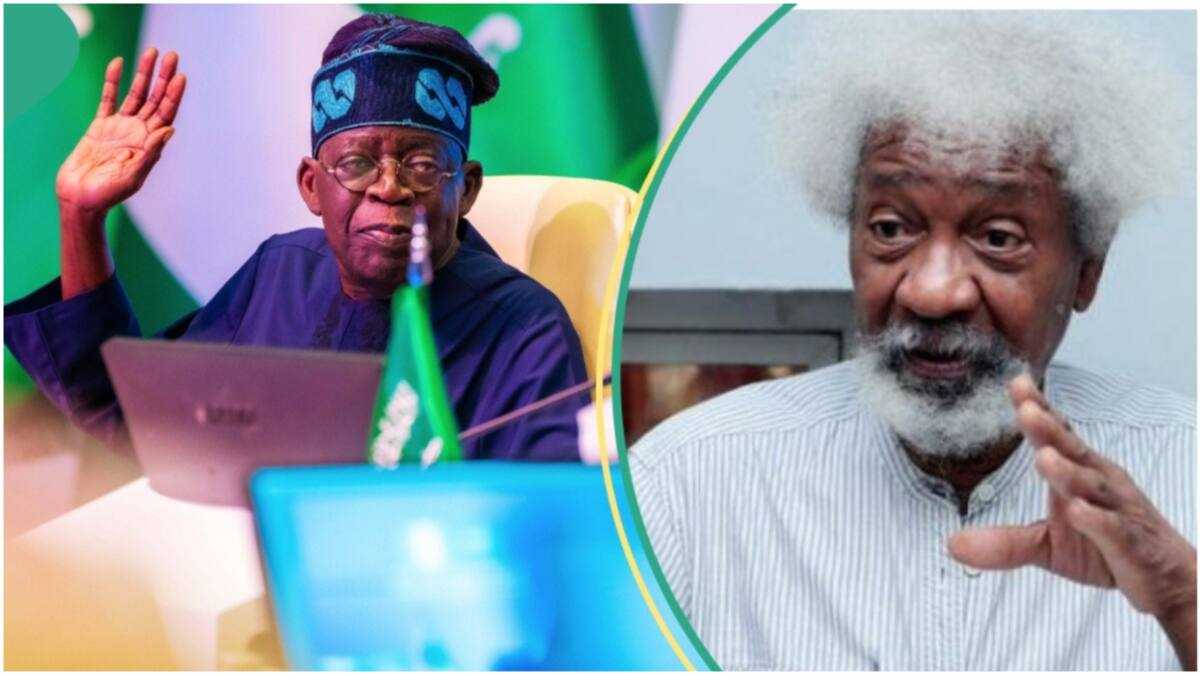Jasmina Rebuilds Life in Australia After Missile Attack Shatters Sense of Safety

Dr. Jasmina Kevric, a specialist breast cancer surgeon at Melbourne's Cabrini hospital, performs her routine with the precision born of years of dedication. Her journey to this point, however, has been anything but ordinary. It took Kevric two decades of unwavering struggle, sacrifice, and perseverance to become a surgeon after arriving in Australia as a teenage refugee. She emphasizes the profound difficulty of being a refugee, stating, "Nobody wants to be a refugee, nobody wants to be sent to another country away from their home, their loved ones, their work, their passions." Kevric and her family arrived in Australia on a humanitarian visa in 1999.
As a child, Jasmina Kevric fled the devastating war in Bosnia and Herzegovina, an international armed conflict from 1992 to 1995 that claimed over 100,000 lives. She vividly recalls the day war arrived at their family farm, a moment that irrevocably altered her life. Standing in her yard, she heard a missile fall, followed by a tremendous bang and flying splinters. Inside their damaged home, her family lay injured, with her grandparents in a pool of blood, her grandfather protecting her brother, and her father and uncle bleeding. Witnessing medics arrive to save her family ignited a lifelong resolve within her: to provide help to vulnerable people and inspire others to do the same.
Kevric, along with her parents Sejdefa and Dzevdet, and brother Edin, survived the war, though many cherished possessions, particularly family photos, were lost—a profound regret for her mother. The family first sought refuge in Germany for four years after the war, enduring scarce food and a lack of formal schooling. To escape this precarious existence, her parents took the dangerous risk of crossing the border in a truck to seek a permanent home. In 1999, they arrived in Australia on humanitarian visas, filled with hope for a new beginning. Despite entering Year 7 without knowing English and having missed significant education, Kevric remained resolute in her ambition to become a doctor, driven by a hunger to learn.
Her determination paid off, as she later earned a scholarship to study medicine at the University of Melbourne, graduating in 2010. While pursuing a medical internship, her true aspiration was to become a surgeon, a path requiring immense sacrifice, study, time, and dedication in Australia. She also confronted additional barriers as a woman, given that only about 13 percent of surgeons are female. Despite these challenges, she became a general surgeon in 2021, followed by a three-year breast surgery fellowship at leading cancer centers like the Peter MacCallum Cancer Centre and Chris O'Brien Lifehouse. In recognition of her exceptional work, Kevric was awarded the prestigious Junior Doctor of the Year title in 2022 by the Australian Medical Association Victoria.
Kevric now channels her lived experience and professional expertise into giving back, volunteering at the Cabrini Asylum Seeker and Refugee Health Hub in Melbourne's Northcote. She expresses immense pride in her ability to support refugee patients, understanding that life-changing events, be it war or illness, underscore life's preciousness. Professor Suresh Sundram, clinical director of the Cabrini Asylum Seeker and Refugee Health Hub, greatly values medical professionals like Kevric who bring both expertise and a deep understanding of the complex health challenges, limited language skills, and trauma backgrounds of refugees and asylum seekers. The hub provides vital free healthcare to hundreds who cannot access mainstream services, embodying the legacy of St. Francis Cabrini, who founded Cabrini health services in 1880 to aid immigrants.
While Dr. Kevric's story is one of rare triumph and resilience, it stands apart from the typical experience of many humanitarian migrants in Australia. A recent report highlights an prevalent “occupational downgrade” among refugees, indicating that individuals who held professional and managerial roles in their home countries often struggle to find similar employment or occupational status even after a decade of permanent residency in Australia. John van Kooy, lead author of the AIFS report, surveyed 2,400 humanitarian migrants over ten years, predominantly from Iraq, Afghanistan, Iran, and Myanmar, making it a significant longitudinal study globally. The study found that the percentage of employed women who had worked in managerial or professional roles before arrival dropped from 30 percent to 17 percent after 10 years in Australia, and for men, from 19 percent to 10 percent. The downgrade was particularly severe for women, with over two-thirds (67 percent) of former managers or professionals not in paid work, while the rest often found employment in care, cleaning, education, or sales. Women with children under five were 84 percent less likely to be employed compared to men.
Despite these systemic barriers, the report underscores the remarkable resilience of refugees, noting that over one-fifth of the surveyed sample pursued self-employment or started their own businesses, a higher rate than the Australian-born population. This demonstrates their determination to earn income and support their families. Kevric, now married with a four-year-old daughter, Sophia, is deeply proud to contribute to the country that offered her family a new beginning. She is passionate about advocating for refugees, raising awareness about their potential to become Australia's future doctors, lawyers, or politicians. She believes that through collective effort, Australia can become an even better nation. Refugee Week, observed from June 15-21, serves as a timely reminder of these important contributions and ongoing challenges.











